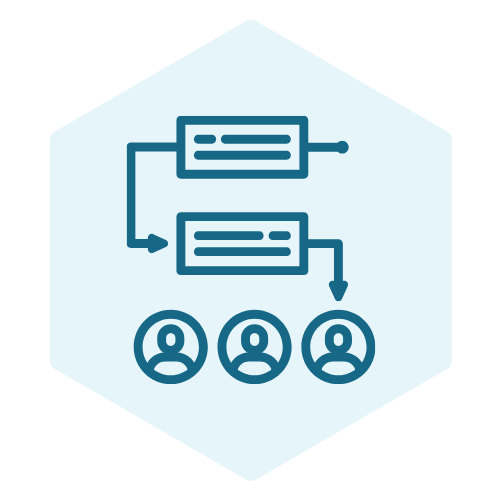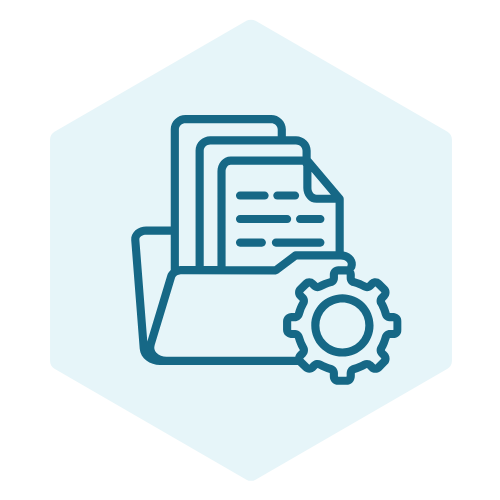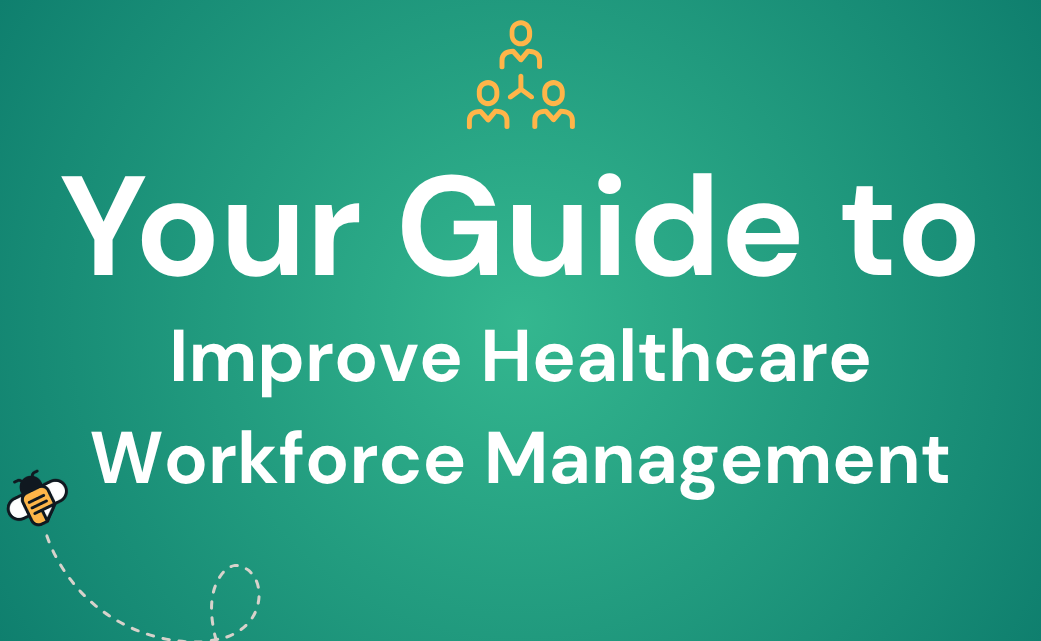It’s hard to miss the buzz around artificial intelligence (AI) in virtually every sector, including the legal industry. But it’s not just talk: though legal professionals are historically cautious, statistics point to their increasing openness to adopting it. For example, FTI Consulting’s 2024 General Counsel Report revealed that 64 to 81 percent of survey respondents were comfortable with their team or outside counsel using AI for several core legal functions (not including investigation).
With this in mind, what are some common AI uses for legal teams, and how can interested legal pros move towards integrating it into their workflows?
6 AI Use Cases for Legal Teams

There are many helpful AI uses for the legal industry – a list that will likely keep growing as the tech develops. Here are six of the most common.
1. E-Discovery
Discovery during investigations has always been time-consuming and unavoidable. Yet the rise of electronically stored information (ESI) exponentially increased the amount of data teams are facing. Initially, manual review remained the norm. This wasn’t just time-consuming: with millions of words to comb through and limited timeframes, missing something relevant was a real risk.
The rise of AI has changed e-discovery. Natural language processing (NLP) can recognize relevant language in a wide range of files, while machine learning (ML) can be taught to organize and prioritize relevant documents. This helps focus manual research – saving time and ensuring key information is caught.
E-discovery is among the most industry-validated uses of AI in legal work. Firms like Deloitte have been using ML for e-discovery for over a decade. Meanwhile, FTI Consulting found that 80 percent of their survey respondents were comfortable with AI’s use for this function.
2. Document Review and Management
The same NLP used during e-discovery can also help lawyers review documents more efficiently for other issues. During an inquiry, audit, or review of a past case, AI can analyze and presort legal files, making the manual review process much more efficient.
3. Contract Analysis and Due Diligence
During a contract negotiation, AI can similarly speed the process by analyzing the text, extracting crucial sections, and providing concise summaries. This makes the due diligence process less time-consuming for lawyers while ensuring the negotiation is more user-friendly for clients.
4. Legal Research and Case Analysis
When legal teams are performing research or case analysis, NLP and ML can help them identify and group relevant information. This not only saves time but may identify additional sources a human alone might have overlooked. As a result, lawyers may find AI useful in strengthening their legal cases.
5. Legal Writing Assistance
With the rise of generative AI, document drafting doesn’t have to be nearly as time-consuming. Rather than manually configuring a document for a new scenario, lawyers can prompt artificial intelligence to produce the bulk of a document, tailored to the situation. Then lawyers can focus on making targeted edits – returning to their client work more quickly.
6. Legal Operations
Legal ops teams can use AI to help them improve their quality of service and streamline operations across departments. Particularly, AI can enhance existing team workflows, going beyond mere robotic process automation (RPA) to streamline variable processes and assign relevant documents to the right part of a workflow. Beyond this, legal operations can use AI-generated statistics and reports to get an overview of how the firm is handling business, finances and resources, legal cases, and customer service issues.
3 AI Technologies Legal Teams Use
The AI-driven legal functions above rely on several specialized branches of AI to function. Let’s take a quick look at three of the most important and how they work in a legal context.
1. Machine Learning
Machine learning is a field of artificial intelligence that uses algorithms to learn how to discern patterns from data. Supervised models learn from human feedback, while unsupervised models learn by identifying data patterns. Similarly, reinforcement models learn through trial and error. Regardless of the process, ML shines by refining its processes over time. In legal contexts, ML can quickly identify important information, connect relevant data, and make crucial legal processes more accurate and streamlined.
2. Natural Language Processing
Another specialized field within AI is called natural language processing. NLP’s algorithms can analyze and interpret human language, which allows it to provide summaries and translations, locate specific concepts in larger bodies of text, and even infer emotional context (though this function is still developing). For legal departments, NLP can be a crucial tool for quickly finding huge volumes of relevant legal information for e-discovery, document review or analysis, and legal research.
3. Natural Language Generation
Natural language generation (NLG) can create human-like text based on prompts humans or computers give it. Though NLG is its own distinct field, it often works with the support of NLP algorithms, which can translate natural language prompts for NLG and help proofread the text it generates. For legal teams, NLG can automatically generate tailored reports, contracts, legal documents, and case summaries – saving hours of time.
Implementing AI Technology for Legal Departments
Here are three key steps to use as a starting point for implementing AI in your firm or legal department.
1. Identify Needs and Evaluate AI Solutions
The first step is to conduct a thorough needs assessment, evaluating possible solutions in light of it. Each assessment should be tailored to the individual organization. But here are a few stages to consider:
- Evaluate existing processes and resource usage in light of clear objectives.
- Determine process inefficiencies and pain points, interviewing key stakeholders.
- Validate the reasons for the inefficiencies identified, and create a resource wishlist.
- Evaluate available AI solutions in light of these clearly defined needs.
- Narrow down the list of functions that best suit your use cases.
- Narrow your shortlisted solutions based on projected ROI and finalize budget approval.
2. Implement Your Chosen AI
Once you’ve selected a solution, it’s important to roll out its implementation in a planned manner. Ensure all the key stakeholders are part of the planning process, and that there is time to correctly integrate and test the solution before it goes live. Ideally, your chosen solution should have robust education materials and customer support that streamlines this process.
3. Educate and Train Staff
This is arguably part of the implementation process, though it should also be ongoing. In fact, staff should not only be trained but be included in the testing process beforehand. Also, ensure everyone understands the practical and ethical limitations of AI technology. For example, artificial intelligence should not be a replacement for human expertise, but an enhancement. (We’ll discuss this more in the next section.)
Challenges and Limitations of AI in Law
The very thing that makes AI so powerful also presents legitimate challenges and concerns to in-house legal teams. From cost to ethics and data privacy, let’s explore three of the most common issues.
Cost and Accessibility
Many legal professionals hesitate to implement new technologies, such as AI, because they’re concerned about its costs and learning curve. These are valid concerns and should be taken into account before making a final decision. However, well-designed artificial intelligence can actually be a cost saver over time – when it’s implemented according to careful needs, budget, and ROI analyses.
A new technology’s effectiveness depends on accessibility to its users. Look for a solution with a good UI, a robust education library, and a support team that walks hand-in-hand with clients.
Ethics, Trustworthiness, and Reliability
Artificial intelligence is powerful, which presents risks if not understood or used correctly. People imagine AI to replace human intelligence, but it often augments human thought processes and patterns. If the data humans use to train or design it is biased, this can be reflected and even increased in AI processes. This is called algorithmic bias.
Similarly, in areas where AI exceeds human ability, it’s important to avoid a “black box” scenario where humans trust processes they don’t understand. AI results may contain errors and should be checked for them.
Legal bodies are working on ways to address these and other issues. Still, a general rule of thumb for lawyers is to pass sensitive AI decisions by a qualified human for verification. AI should never replace human ethical responsibility.
Data Security and Privacy Concerns
In line with our ethics discussion, it’s important to ensure any AI solution a team uses can be governed by strict data privacy and security requirements. Look for solutions that are compliant with regulations such as HIPAA, FERPA, and CCPA and that are protected by robust ongoing monitoring. A compliant solution should have measures to protect against sensitive data being repurposed or collected inappropriately – or stored longer than legally allowed.
Pssst…to read more about current trends surrounding AI for legal, download our new white paper.
Looking Ahead: The Future of AI in Law
Despite its challenges, AI and its specialized fields offer legal teamss a powerful way to enhance their work. From document generation and analysis to e-discovery and research, legal professionals are using artificial intelligence to revolutionize their effectiveness. Solutions like Docubee provide answers to common ethics and compliance concerns raised by AI – offering peace of mind, better resource use, supercharged teamwork, and more streamlined workflows.
Tell burnout to buzz off: schedule a demo to learn how Docubee can re-energize your legal hive.


















